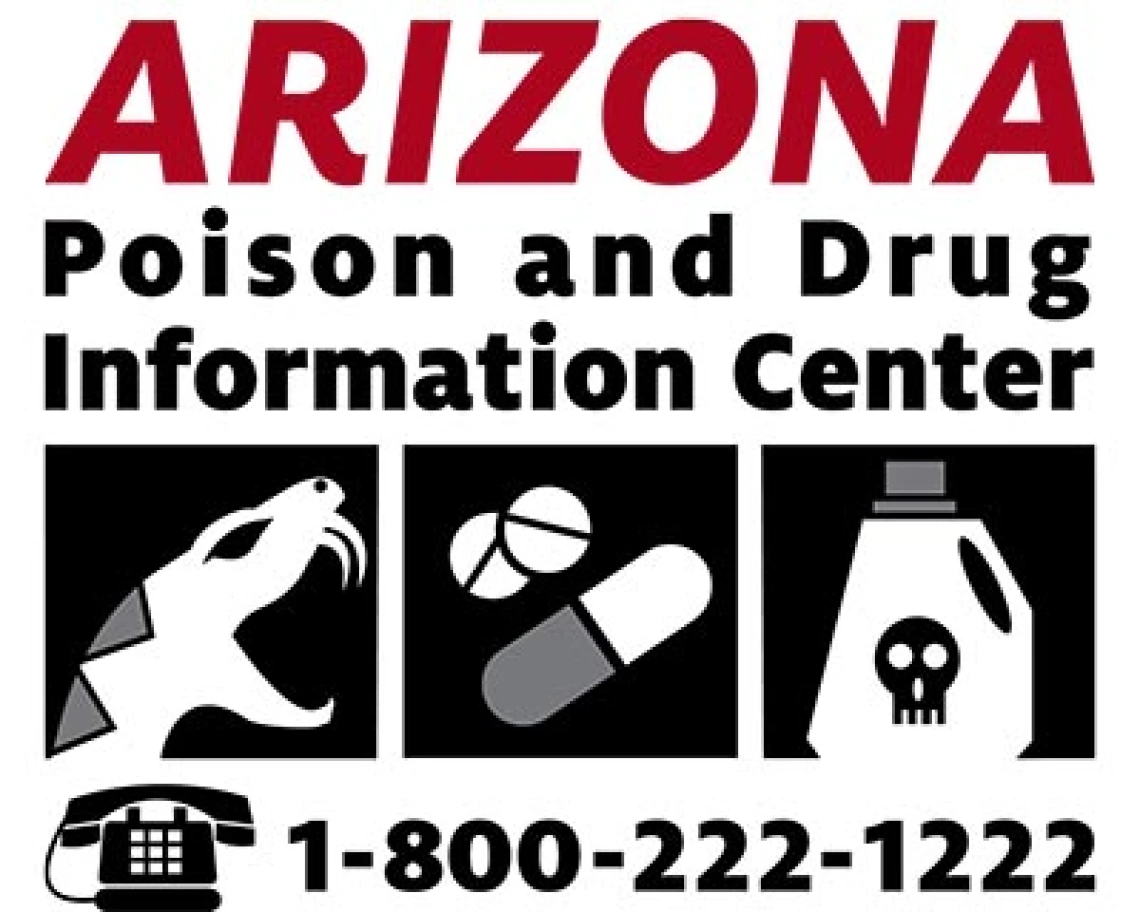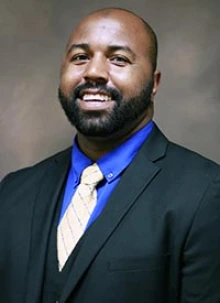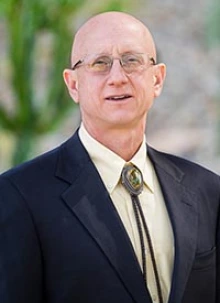Arizona Poison Centers Warn about Avoiding Inappropriate Medications for COVID-19 Treatment: Oleandrin
Inappropriate medications – such as oleandrin, a derivative of oleander known to be toxic – used to prevent or treat COVID-19 could cause significant harm and no benefit, University of Arizona Health Sciences-based center and Banner Health center warn.

TUCSON, AZ — The Arizona Poison and Drug Information Center at the University of Arizona Health Sciences in Tucson and Banner Health’s Banner Poison and Drug Information Center in Phoenix are warning residents statewide against using inappropriate medications and botanical products, like oleandrin, to prevent or treat COVID-19.

Dr. Steven Dudley, director of the Arizona Poison and Drug Information Center, based in the UArizona College of Pharmacy
Oleandrin comes from the plant Nerium oleander and is known to be extremely toxic, causing an irregular heart rhythm that could lead to death. As reported by Medpage Today, no current scientific evidence, or peer-reviewed research indicates oleandrin works in humans as a preventative measure in regard to COVID-19, the disease caused by the novel coronavirus SARS-COV-2. More importantly, recent hypothetical articles do not address the toxicity known to occur in humans.
“This isn’t a mystery. We know people die from ingesting this because it has been reported for decades now,” said Steven Dudley, PharmD, DABAT, a clinical toxicologist and director of the Arizona Poison and Drug Information Center. The center is based in the UArizona College of Pharmacy – one of five colleges under the UArizona Health Sciences. “I understand people are desperate for a return to normalcy, but these claims of a foolproof cure are just not true. Why risk your life to prove something we already know when there are safe, proven measures you can take to protect yourself?”
Daniel Brooks, MD, medical director at the Banner Poison and Drug Information Center, added, “It is most important that folks do not rely on the internet or news alone for medical advice. Please contact your primary care provider or call the poison center any time for assistance.”

Dr. Daniel Brooks, medical director at the Banner Poison and Drug Information Center
Most patients who become infected with COVID-19 only require symptomatic care and self-isolation to prevent infecting others. Proper hand hygiene, social distancing and wearing a mask have been proven to lower the chance of infection due to COVID-19.
The poison and drug information centers at the UArizona College of Pharmacy in Tucson, and at Banner – University Medical Center Phoenix, provide free and confidential poison and drug information to the public and health care professionals. The hotlines operate 24 hours a day, seven days a week. The two centers serve all of Arizona and are part of 55 centers across the nation that are accredited by the American Association of Poison Control Centers. Call toll free 1 (800) 222-1222 from any location to reach the poison center nearest you with questions regarding this or any other poison, drug or chemical exposure issue.
# # #
NOTE: Photos available upon request.
About the University of Arizona College of Pharmacy
The University of Arizona College of Pharmacy is the premier pharmacy college in the Southwest, and one of the top in the nation, focused on drug discovery, toxicology, pharmaceutics, health outcomes and sciences, pharmaceutical education and research through interprofessional training and collaborative public/private partnerships. Preparing pharmacists and pharmaceutical scientists in undergraduate, professional, graduate and post-doctoral programs, the college embraces an entrepreneurial spirit, providing tailored educational opportunities to broaden students' experiences. Established 72 years ago as the first health sciences college at UArizona, the college has a long history of improving science and health, both in Arizona and around the world. It is currently ranked No. 8 among the nation’s 143 colleges of pharmacy by the American Association of Colleges of Pharmacy. For more information: pharmacy.arizona.edu (Follow us: Facebook | Twitter | Instagram | YouTube).
About Banner – University Medical Center Phoenix
Banner – University Medical Center Phoenix is a large teaching hospital that has provided medical care to Arizona and the Southwest since 1911. It is part of Banner –University Medicine, a premier academic medical network. The hospital, recognized by U.S.News and World Report as one of the nation’s best hospitals, specializes in heart care, cancer care, high-risk obstetrics, neurosciences and stroke care, organ transplants and Emergency care, including a Level 1 trauma center. Banner –University Medical Center Phoenix is part of Banner Health, a nonprofit health care system with 28 hospitals in six states. The institution, which has trained thousands of doctors over decades as a teaching hospital, is the academic medical center for the University of Arizona College of Medicine –Phoenix. For more information, visit www.bannerhealth.com/UniversityPhoenix (Follow us: Twitter| Instagram| Facebook).
About the University of Arizona Health Sciences
The University of Arizona Health Sciences is the statewide leader in biomedical research and health professions training. UArizona Health Sciences includes the Colleges of Medicine (Tucson and Phoenix), Nursing, Pharmacy, and the Mel and Enid Zuckerman College of Public Health, with main campus locations in Tucson and the Phoenix Biomedical Campus in downtown Phoenix. From these vantage points, Health Sciences reaches across the state of Arizona, the greater Southwest and around the world to provide next-generation education, research and outreach. A major economic engine, Health Sciences employs nearly 5,000 people, has approximately 4,000 students and 900 faculty members, and garners $200 million in research grants and contracts annually. For more information: uahs.arizona.edu (Follow us: Facebook | Twitter | YouTube | LinkedIn | Instagram).

